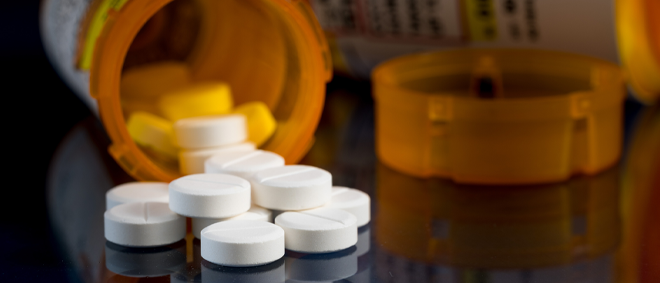Last week, Senator Rick Scott introduced the Consumer Labeling for Enhanced API Reporting and Legitimate Accountability for Base Entity Listings (CLEAR LABELS) Act (the “CLEAR LABELS Act” or “Act”). If passed and enacted, the Act would require all prescription medications dispensed in the United States to include clear labeling that identifies the country, or countries, of origin of both the finished drug product and its individual active pharmaceutical ingredients (“APIs”). This a major advance—and likely burden—compared to the current regulatory requirements. In a press release, Senator Scott emphasizes that the intent behind this proposed bill is to provide pharmacists, patients, and regulators with more insight into where prescriptions drugs and their APIs originate.Continue Reading The CLEAR LABELS Act Proposes Changes to the U.S. Prescription Drug Supply Chain









